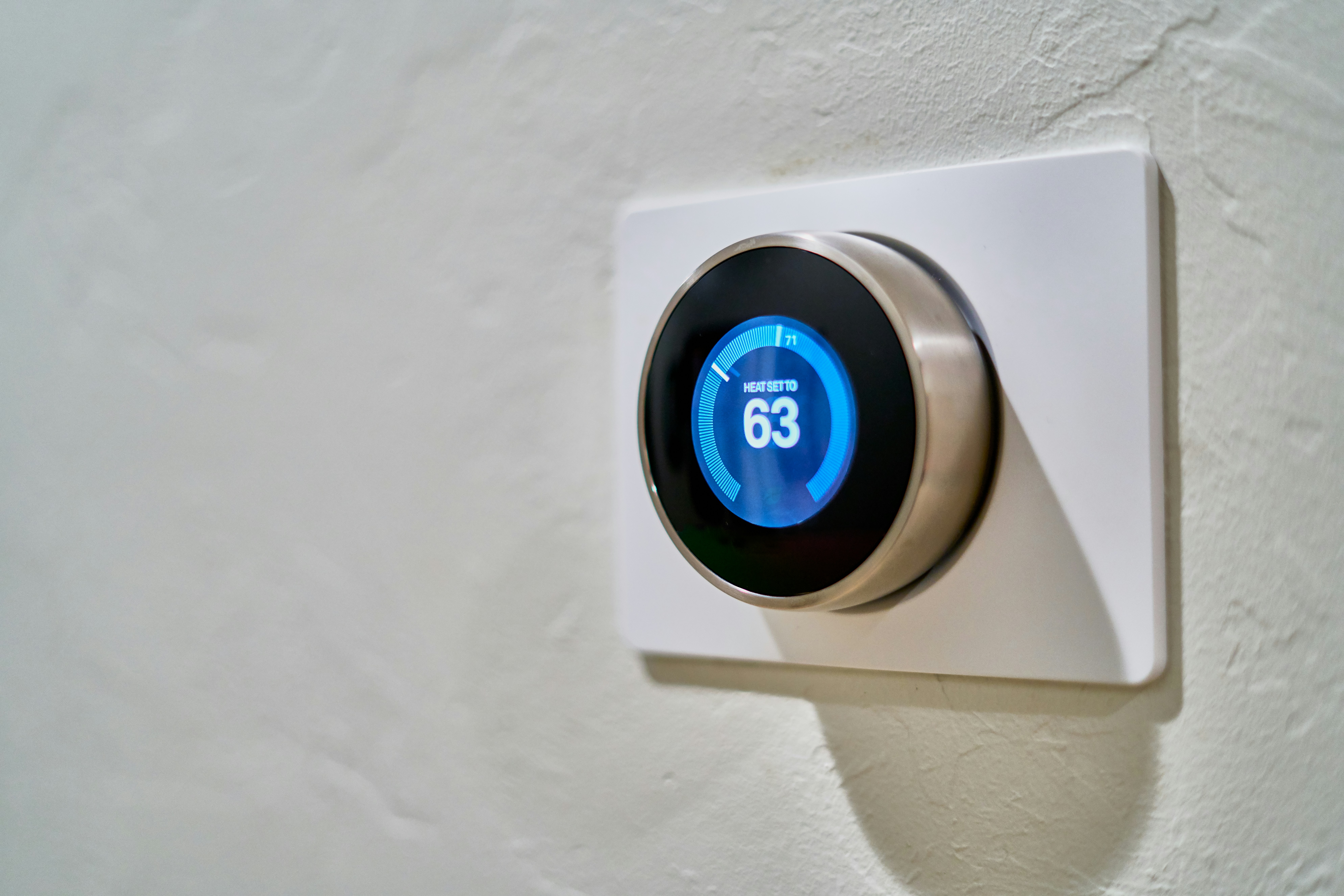
Utility bills include bills for electricity, Internet and cable, water and sewer, trash and recycling, and heating fuel. The cost of rent may include some or all of these expenses, but many renters and all homeowners must budget for these expenses.
Wages aren’t growing at the same rate as the cost of living increases. Higher energy costs impact all utility costs because it costs more for utility companies to operate. Fortunately, there are steps renters and homeowners can take to reduce their utility bills.
Electricity Bills

If your utility bills are skyrocketing for no apparent reason, you may have an issue with your heating, ventilation, and air conditioning (HVAC) system. HVAC units distribute hot or cold air throughout your home. Your HVAC has to run more often to maintain your home’s temperature if your air ducts are blocked, or the system’s filter is dirty. Have HVAC technicians inspect your system and perform routine maintenance to ensure the unit is working correctly to prevent spikes in your electricity bills.
Replacing old light bulbs with LED bulbs and cooking outdoors during the summer months can lower your electricity bills. Barbecue your food instead of using your oven on hot summer days to reduce the demand on your air conditioning unit.
Internet and Cable

Most people who make a home checklist of household essentials include the Internet and cable. Comparison shop when you choose your providers to ensure you get the best deal possible. If you choose to have both Internet and cable, you may be able to bundle these services together to save money.
You can also opt to cut cable and replace it with streaming services. Instead of paying high cable premiums for hundreds of channels you don’t watch, you can reduce your costs by using a combination of free streaming services, such as Tubi and Pluto, and subscription services. A subscription to Disney+ costs $6.99 per month, while Amazon Prime’s monthly rate is $12.99.
Water and Sewer

Check your pipes, toilets, and faucets for leaks. Running toilets and leaking faucets can waste hundreds of gallons of water, which will increase your water bill. Repair leaks immediately to prevent water loss. You can reduce your bills by reducing your water usage. Have everyone in your home trim their showers by one minute per shower and water your lawn and garden at night to prevent water from evaporating.
Trash and Recycling

Trash and recycling services are included in town utility bills in some places; however, you may be responsible for paying for trash pickup if you live outside municipal limits. Instead, you can opt to take your trash to the dump yourself. Some counties do not charge residents who drop off trash. If your local dump does charge, you can lower the cost by reducing the amount of trash you produce. Recycle all items that can be recycled—compost food waste to avoid adding it to trash bags that go into your local landfill.
Heating Fuel
Although some homes use electric heat, other houses are heated with natural gas, oil, or propane. You may be able to lower the cost of heating fuel by signing up for a delivery plan. You can also take steps to reduce the amount of fuel you need by making your home as energy-efficient as possible. Install energy-efficient windows and replace old doors to prevent drafts. If everyone is out of the house during the day, you can conserve heating fuel by turning your thermostat down. Installing a programmable thermostat is another effective way of managing your heating expenses. You can also turn your thermostat down during the day and use a space heater to avoid heating your entire house when you’re the only one at home.
Routine maintenance and energy-efficient strategies can help you lower your electricity and heating fuel costs. You can also manage your water and sewer bills by fixing leaks immediately and taking steps to reduce your water use. Bundling services or streaming television shows can help you reduce your Internet and cable expenses, and you may be able to save money on trash and recycling costs by taking your trash to the dump yourself, recycling recyclables, and composting.